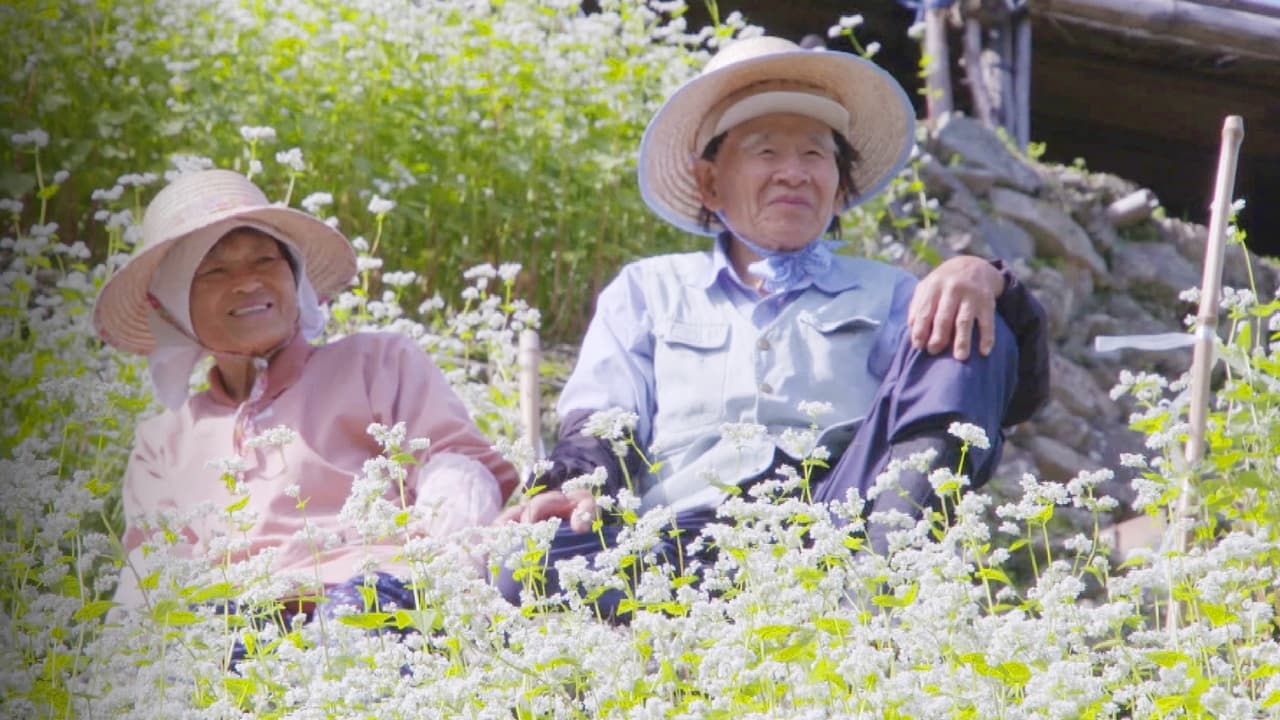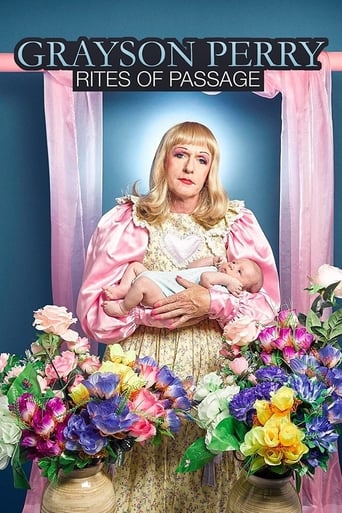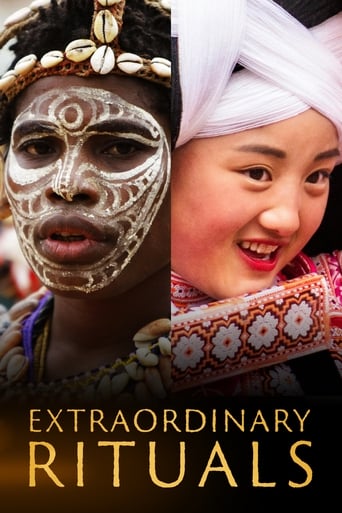Hometown Stories Season 5

Stories about people, stories about life. Intimate portraits of people from around Japan, each leading diverse lives while enriching lives of others.
Watch NowWith 30 Day Free Trial!
Hometown Stories
2011
Stories about people, stories about life. Intimate portraits of people from around Japan, each leading diverse lives while enriching lives of others.
Watch Trailer
Hometown Stories Season 5 Full Episode Guide
In the city of Sapporo stands a barber shop where many young bicyclists pedaling their way across Japan's northern island of Hokkaido make a stop. Any rider who is making a complete circuit of Japan receives a free haircut from the owner, Yutaka Oyamada, who decades ago did a circuit of Japan himself. He offers this advice to young people bearing burdens of struggle and strife as they ride: "Keep moving forward". Oyamada sends them on their way with encouragement to ride on through storms and scarce funds, to ride on believing that somewhere on the open road, they will find what they are really looking for: themselves. Our cameras follow youthful journeys of self-discovery in the open spaces of Hokkaido.
A community deep in the mountains of Gunma Prefecture is home to Japan's only circus school. The school's director is Nadezhda Tyshenko, a former acrobatic gymnast from Ukraine. In the circus, as in life, her motto is: "Hang in there", born from a teaching philosophy is based on a saying from her homeland: "Work hard and hang in there, and things will work out". In the spring of 2016 she welcomes a new student. In an era when many young people eschew hard work in favor of escapism, this is the story of a young woman who comes to understand the value of perseverance.
Uminchu, literally "people of the sea", is the name for the fishermen of beautiful Kumejima in Okinawa Prefecture. Filled with coral, tropical fish, and the tuna varieties that swim the Kuroshio Current, the sea around Kumejima has a rich diversity of life. Many locals make their living fishing, and use traditional skin-diving skills and pole-fishing techniques that have been passed down for generations. Get to know the young people training to become uminchu, and the older fishermen who are mentoring them, eager to share advice. This is an island journey to meet people who have truly embraced the sea.
Elderly people in need of care lost their homes in the 2011 Great Eastern Japan Earthquake and tsunami. At a care facility called Sumi-chan's Home, they're part of a new family, which includes staff members who have suffered similar losses. Located in Higashi-Matsushima, a city in Miyagi Prefecture, the home's slogan is: "Relax and have fun together!" Each resident is respected as an individual within the facility's domestic atmosphere. Although the home was badly damaged in the tsunami 5 years ago, it quickly reopened, accepting elderly residents who had nowhere to go. The disaster has scarred local families and the local landscape, but the people of Sumi-chan's Home are forging new relationships while also protecting older ones. Discover the everyday moments of this found family.
The idyllic landscape of Murayama in Yamagata Prefecture is home to a rather unique family-run farm that welcomes visitors from all over the world. It is operated by the Sakai family, whose 9 members exist by the motto: "live life to the full every day". For many of the guests who lend a hand with the heavy farm duties, and share conversation over simple meals around the family table, sampling this lifestyle is a chance to rediscover the joy of human relationships. Follow everyday life on this farm, and be reminded of how to live each day to the full.
On the JR Obama Line, a local railway that links Fukui Prefecture with Kyoto, stands Kato Station. Although unstaffed since 1973, the sleepy station building still contains a small barber's shop. The owners are Hisao Tsukamoto (72) and his wife Asako (68). Seeing the station as an important spot for local people to get together, in between haircuts this industrious couple not only sells tickets, but also makes the time to clean the building and its surroundings. We follow this duo as they come to grips with old age and illness while striving to maintain their barber's shop in an empty station.
Recently in Japan, more and more young people who were raised in the city are choosing to go back to the land as they relocate to the rural areas their grandparents call home. In early 2015, Chiemi, a nurse from Osaka, moved to Tokushima Prefecture, where her grandmother was living alone. With the guidance of her elderly relative, she gradually absorbs the rural wisdom of farming and cooking, and, due to the family connection to the area, is warmly accepted by locals. But there are struggles too: the generation gap means Chiemi and her grandmother see things differently; and old age also brings its challenges. What does the future hold? Follow Chiemi's return to her roots.
Nestled in Ise-Shima, a scenic coastal area of central Japan, is Toba, a city famous for its cultured pearls. Here on the 30th of each month a ceremony called a "pearl wedding" is held. Inspired by the parallel between a marriage and a pearl - an object of beauty built up painstakingly, layer by layer, over many years - the pearl wedding ceremony draws husbands and wives from all around Japan to mark their 30th wedding anniversaries. As locals help them celebrate the special day, participating couples walk up the aisle of a wedding chapel to renew their vows of lifelong partnership. This is the story of 2 couples looking to open a new chapter in their marriages by taking part in Ise-Shima's pearl wedding.
The All Japan High School Cultural Festival is like a national arts championship. We follow the efforts of Osaka's Akutagawa High School taiko team, which includes every junior and senior, to win the top prize in taiko drumming. More drummers add impact, but it's hard to keep everyone in sync. The program spends 2 months with typical Japanese teenagers who sometimes struggle to speak up and address problems openly. We'll watch their personal growth as the competition looms.
Hashikami Junior High School's class of 2011 graduated just after the devastating 3.11 earthquake and tsunami, in a school gym housing refugees. There should have been 57 students, but 3 fell victim to the disaster. The survivors are now 20 years old, right on the cusp of adulthood. How have they come to terms with the loss of friends and family at the age of just 15? And how has this changed their plans for adulthood? This program reviews 5 years lived in the shadow of the tsunami.
In Hiroshima 70 years after the atomic bomb, many survivors' belongings have been inherited: items they wore the day of the bomb, diaries and more. Some families are coming to terms with this legacy for the first time, and want to pass it on. This year Arei Shirakami, age 41, read the diary of her grandfather, who died 17 years ago, for the first time. It shows a side of him she never knew. Feeling regret that she long ignored his story, she makes an emotional journey into her family's past.
Free Trial Channels
Seasons




































